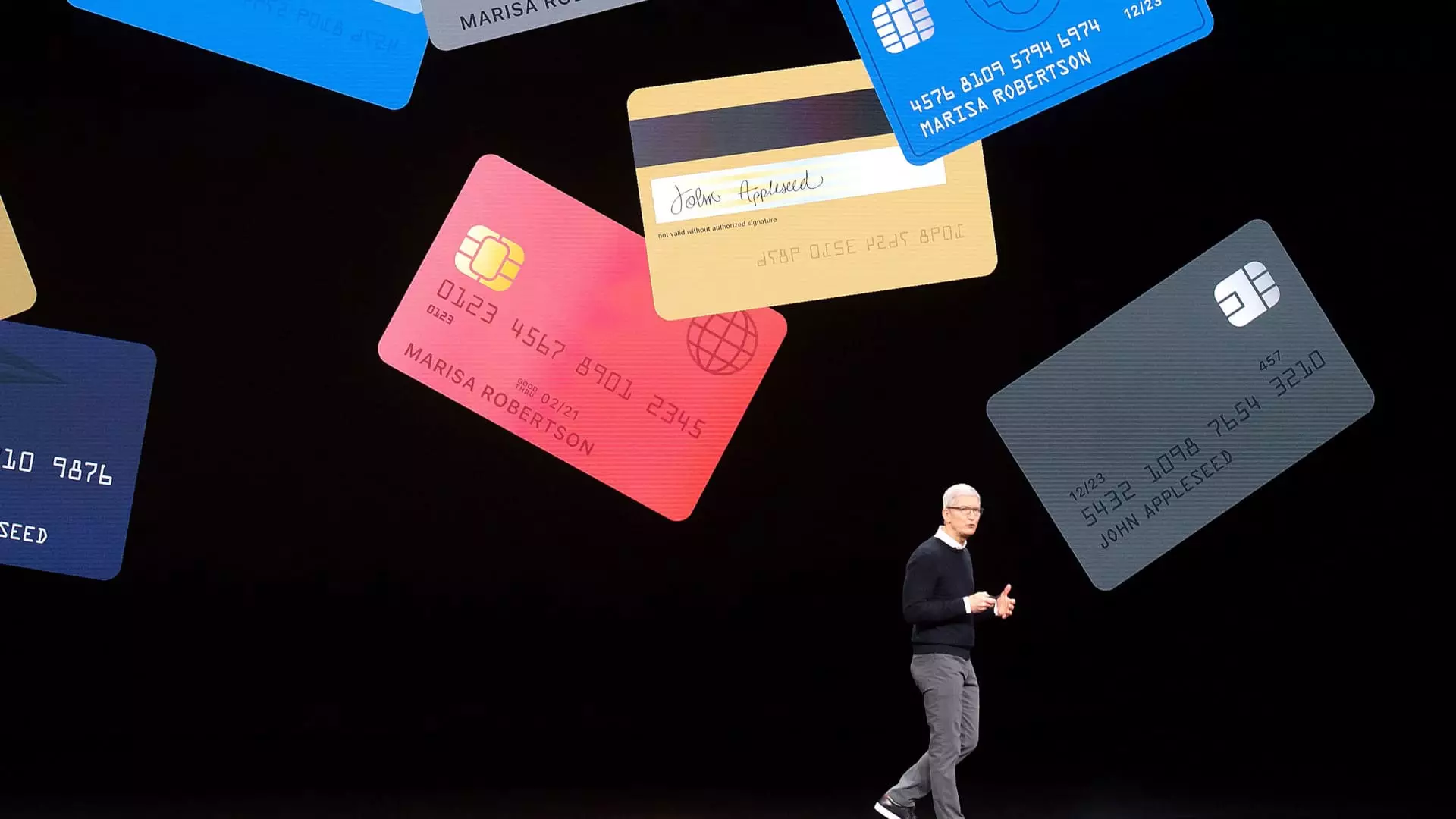Recent developments suggest that technology titan Apple is pursuing a significant shift in its credit card program, moving discussions to JPMorgan Chase. This potential transition marks a critical juncture for the Apple Card, which has been under the management of Goldman Sachs. As these discussions unfold, the implications could significantly reshape not only Apple’s financial services but also the landscape of credit card offerings in the market.
Insiders familiar with the ongoing negotiations report that specific terms of the agreement, especially pricing and the future continuity of certain Apple Card features, remain undecided. This ambiguity reflects the complexities inherent in such high-stakes negotiations. The choice to consider JPMorgan as a potential partner highlights Apple’s constrained options following Goldman Sachs’ retreat from their retail banking strategy, which had become increasingly unviable.
In the U.S., credit card issuers face stiff competition, but only a handful possess the capacity and willingness to absorb a program like the Apple Card. This is particularly crucial as Goldman Sachs reportedly faced substantial financial burdens and regulatory challenges because of the card’s underperformance. As the largest issuer of credit cards by purchase volume, JPMorgan stands out as a formidable candidate. However, the negotiation reflects the complicated nature of valuing the current portfolio, estimated at around $17 billion.
Given the losses associated with the Apple Card, which have raised eyebrows among financial analysts, JPMorgan is aiming to acquire the card portfolio at less than its nominal value. Concerns over higher-than-average delinquency rates and defaults loom large in the discussions. While insiders claim that issues related to credit quality stem from the influx of new accounts—suggesting that problems could resolve over time—the impacts of potential economic downturns add another layer of risk to the transaction.
One of the more contentious points in the negotiations revolves around operational features of the Apple Card. Specifically, JPMorgan is considering the removal of the calendar-based billing system that characterizes the service, which delivers statements to all users at month’s onset. Despite customer appreciation for this system, the operational stress imposed on customer service teams presents a valid concern, leading to significant volume spikes in inquiries at the beginning of each month.
As talks between Apple and JPMorgan Chase develop, the outcome of this negotiation is poised to impact not only the Apple Cardholders but also the broader financial services sector. With evolving market dynamics and a tentative economy, both companies face critical decisions that will define their partnership’s future. The stakes are especially high not only for Apple’s pursuit of financial viability but also for JPMorgan as it seeks to maintain its leadership position in the market, showcasing the intricate interplay of technology and finance in modern consumer services.

